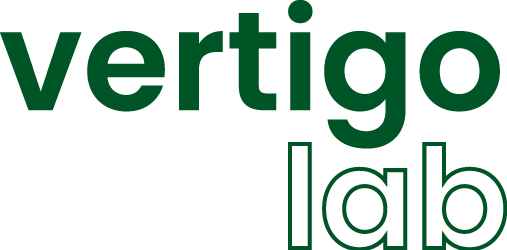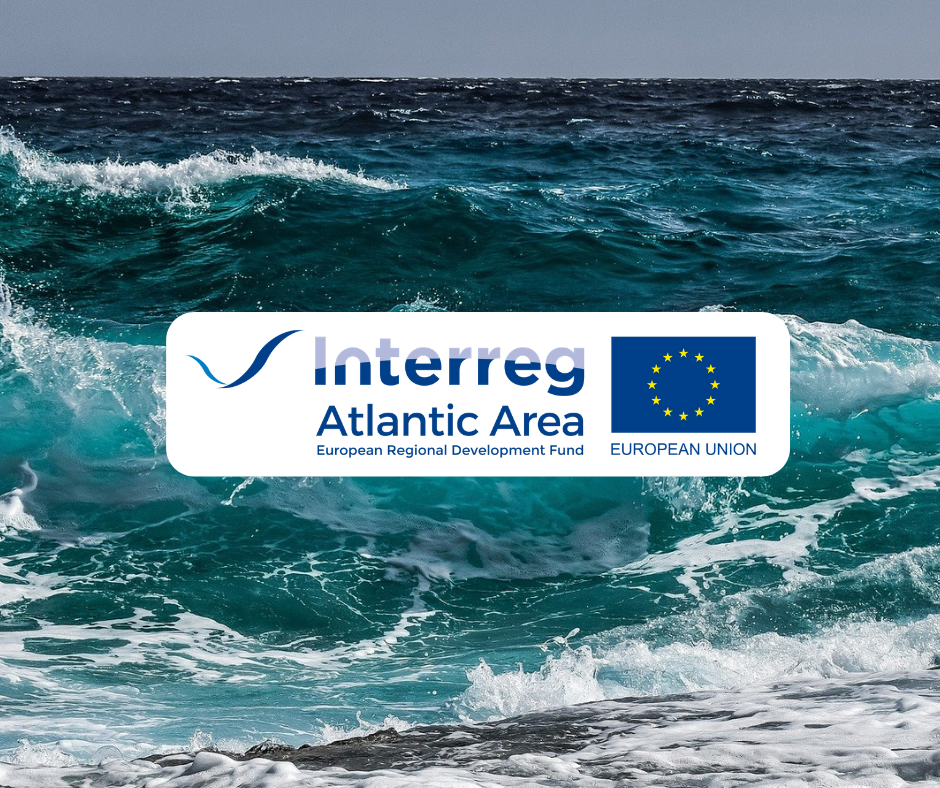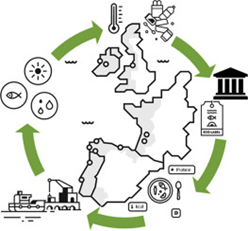The NEPTUNUS project’s ambition is to promote the sustainable development of the seafood sector by providing a coherent methodology for the eco-labelling of products. This project will enable a life cycle analysis of different productions. As a partner in the project, Vertigo Lab is assessing the environmental and socio-economic impacts of the seafood sector. Its work also consists of identifying levers and strategic opportunities for transforming current production and consumption models towards circular economy models.
See here.
Results
Mission completed
The European seafood and aquaculture sector faces significant challenges in terms of environmental threats, social development and economic growth. They require all stakeholders, policy makers, producers, and citizens to adopt more sustainable policies, practices and processes. To achieve this, we haved adopted a nexus approach (of analysing actions in connected systems) combined with life cycle thinking to facilitate the transition to a more circular economy.
Report 1: Vertigo Lab contributed to a state of the art report on the fisheries and aquaculture sector in the European Atlantic area.
In addition, Vertigo Lab has contributed to the following publications:
- Life cycle assessment of fish and seafood processed products – A review of methodologies and new challenges
- The benefits of integrating socioeconomic dimensions of circular economy practices in the seafood sector
Contact
Céline Jacob, Consultant
Clémentine Anglanda, Consultant and manager – clementineanglada@vertigolab.eu
Christelle Noirot, Consultant
Partners
- Universidade de Santiago de Compostela – Lead Partner(ES)
- Fundación Centro Tecnológico de Eficiencia y Sostenibilidad Energética (ES)
- Universidade de Aveiro (PT)
- Instituto Portugues do Mare e da Atmosfera (PT)
- Université de Bordeaux (FR)
- University of Liverpool (UK)
- National University of Ireland, Galway (IE)
- Athlone Institute of Technology (IE)
- Asociación Nacional de fabricantes de conservas de pescados y mariscos (ES)
| Client: European Union – Interreg Atlantic Region
Date: 2019-2022 |




